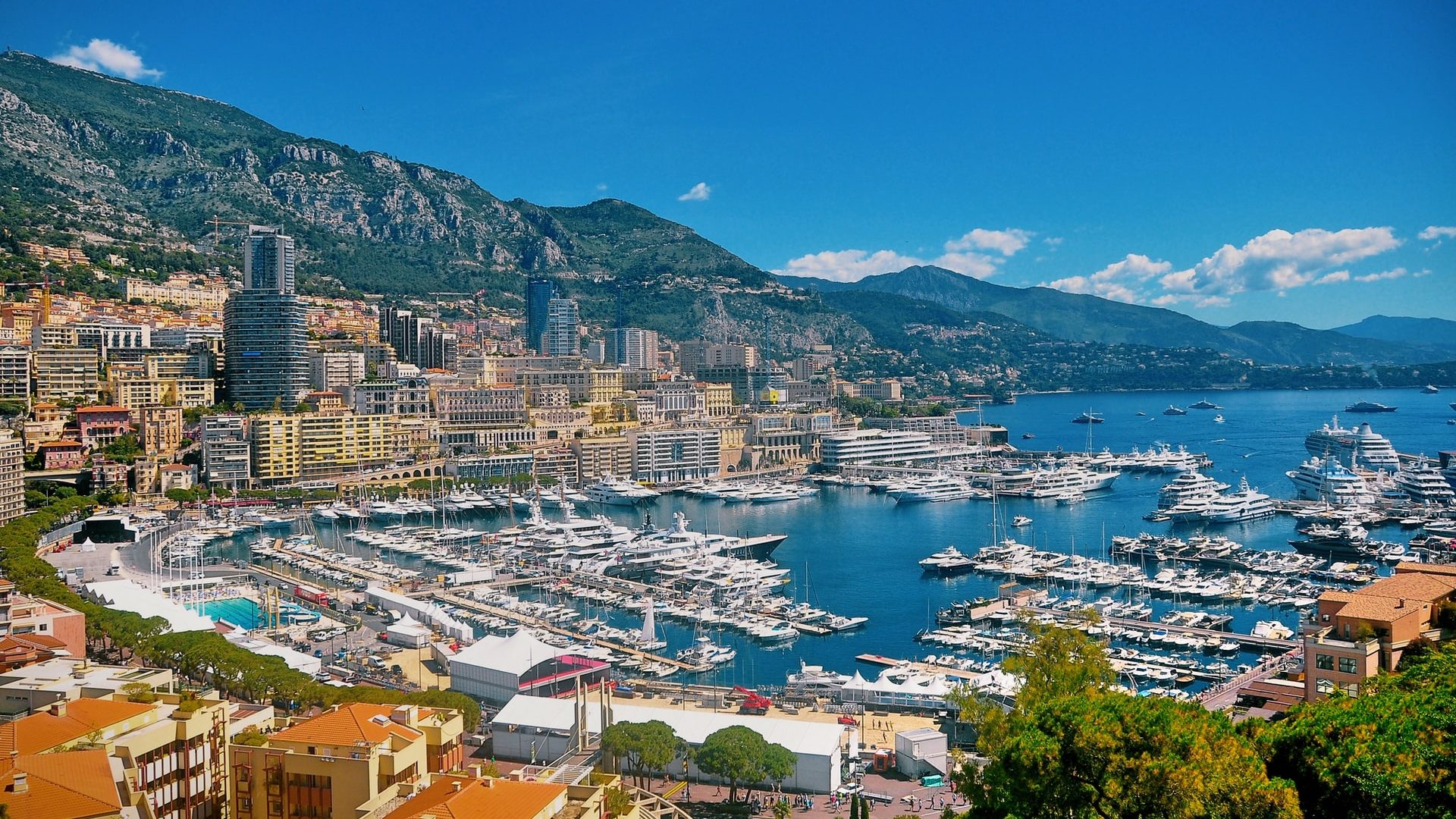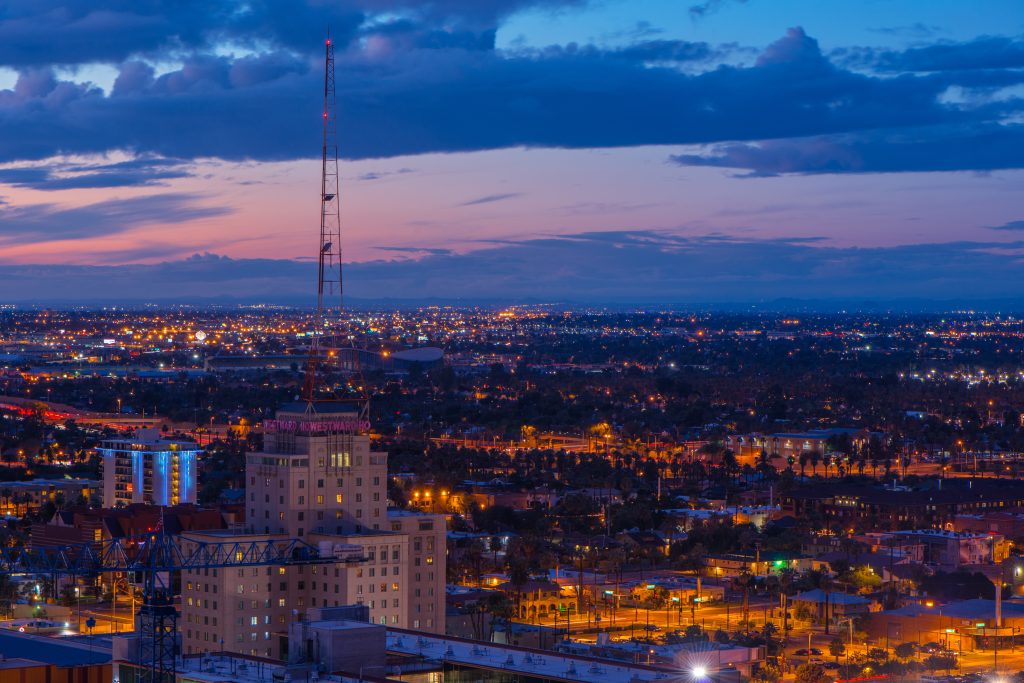Monaco – more than glitz and glamour

Sustainability and environmental protection may not be the first things that come into mind when thinking about Monaco.
Billboard
Skyscrapper
Halfpage
When one thinks of Monaco, one usually thinks of yacht harbors, luxury real estate or Formula 1. Maybe also of terms like “tax paradise”. But sustainability and environmental protection? These are rarely associated with the principality on the french mediterranean coast. Yet Monaco and its head of state, Prince Albert II, are committed in many ways to climate protection, sustainability and environmental protection.
The extensive environmental commitment can be seen, for example, in the 3D-printed artificial reefs in the marine reserve of Larvatto Bay off the Monegasque coast.
Back in 2015, an artificial coral reef was brought in there to restore biodiversity and provide a new habitat for marine life. From the beginning of 2019 until the end of this year, research will be conducted to determine whether the alternative 3D-printed reefs allow fauna to colonize and are more suitable than, for example, metallic reefs. This exciting project was developed and implemented by the “Fondation Prince Albert II de Monaco”.
Medium Rectangle
Halfpage
Monaco has a history of environmantal protection
The topics of environmental protection and sustainability have been present in the principality for several generations: in 1899, Prince Albert I opened the Oceanographic Museum and Institute on the slopes of Monaco-Ville. Since 2002, the museum has been an official partner organization of ACCOBAMS. It is an international environmental agreement, among others, for the protection of the Mediterranean Sea. Not only are numerous marine biology exhibits displayed there, but research is also conducted in the field of oceanography. Prince Rainer III, the father of Prince Albert II, was also considered an environmentalist. For example, he established an environmental zone as early as 1976 with the RAMOGE agreement to protect the french-italian mediterranean coast.
On land, there is another exciting pilot project designed to drive technological progress in the city as well as the issue of sustainability in the principality – “Extended Monaco.” In terms of sustainability, the program is primarily about digitalization, connectivity and mobility. For example, Monaco is testing a possible future scenario for mobility within the densely built-up city. It is a self-driving electric shuttle bus for up to 15 passengers.
Medium Rectangle
Halfpage
Modern Bus Stops
Technological progress can also be seen at the 33 smart bus stops that went into operation during 2019. 32-inch touchscreens offer real-time arrival and departure times, as well as interactive city information and news. Smartphones can be charged at the stops and the built-in free Wi-Fi hotspot can be used. In the future, they will also have sensors to measure air quality and forward the result to the appropriate authority.
The many other projects in the “Extended Monaco” program are not immediately apparent from the cityscape. They mainly relate to the expansion of infrastructure and educational opportunities for children: for example, since 2019, children have been learning to program in elementary school. In keeping with its tradition, Monaco wants to continue to focus on sustainability and progress in the future. It also wants to pass on its values in this regard to the next generations.














